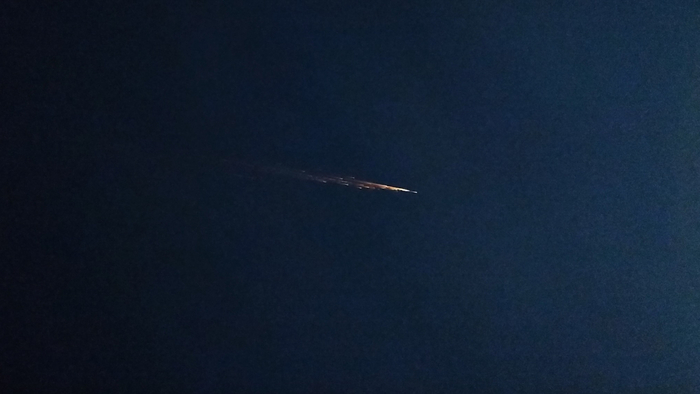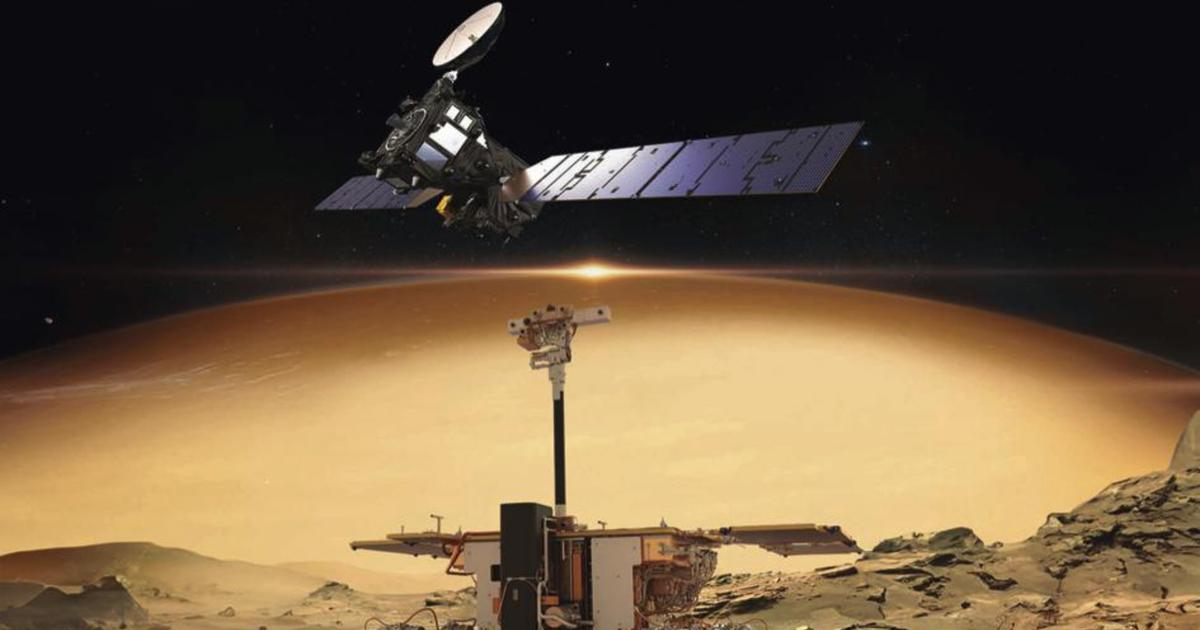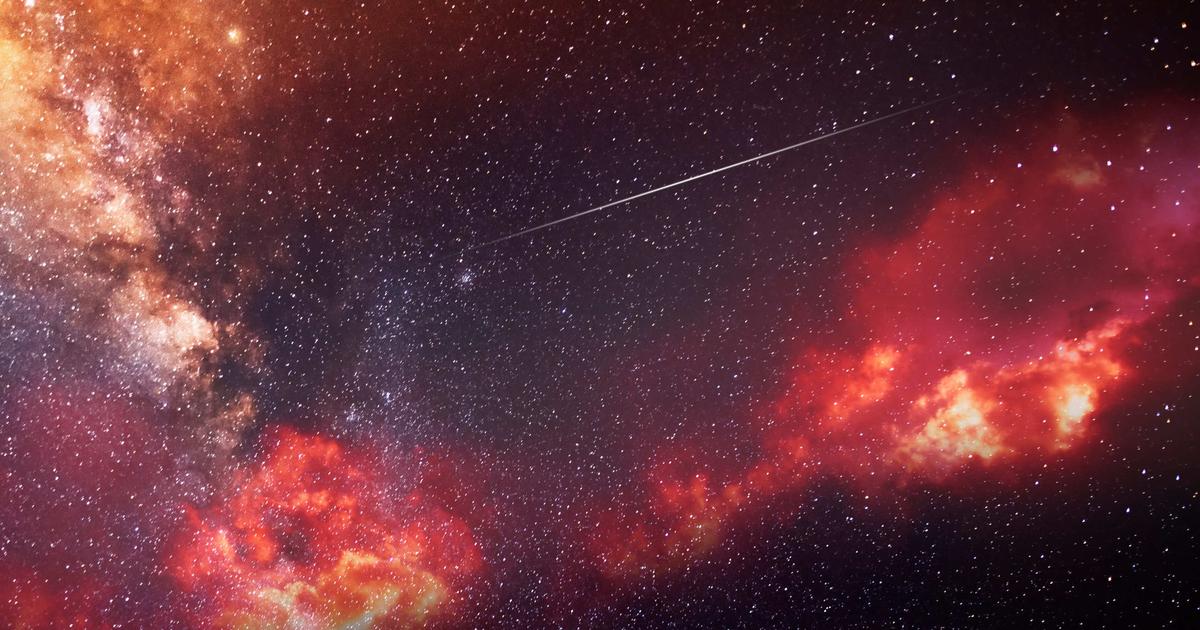A large sphere with the dual function of increasing workspaces and offering 5 new docking doors for space capsules: the International Space Station (ISS) is expanding with the new Russian Prichal module. The docking of the new module of 14 cubic meters, which took place at 16:19 Italian time, represents a new important step forward in the ISS 'restructuring' programs and testifies to the renewed interest in habitable space outposts.
The new module, whose name in Russian means port, is a sort of flattened sphere measuring 3.5 meters by 5, weighing 4 tons, and a total volume of 14 cubic meters, about twice the size of a SpaceX Dragon Cargo capsule. Prichal is one of the key elements of the renovation program to increase the space and potential of the International Space Station whose fate in the coming years, by Europe and the United States, has not actually been well defined yet.
The module is regularly docked to the Russian Nauka module, which until a few hours ago was occupied by a Progress freighter, which was dropped and burned upon re-entry into the atmosphere.
However, the integration of the new module will have to be finalized by a space 'walk' scheduled for early January in which the last connections between the two modules will be made. The new module's functions include "testing architectures for potentially permanent settlements in space," according to RussianSpaceWeb.com, and adds that "it could also act as a hub for a future new orbital base."
Prichal is the second new Russian module for the Space Station in just a few months. In July, Nauka, also known as Multipurpose Laboratory Module (Mlm), was integrated, the largest space laboratory ever put into orbit by Russia which had also been the protagonist of a sensational and dangerous unscheduled when a few hours after docking the accidental ignition of the engines had caused the entire station to rotate completely.
Although the Russian space agency Roscosmos has repeatedly communicated that it has no intention of foreseeing the release of the Russian section of the ISS, this new module testifies once again to the growing Russian interest in extending the ISS activities beyond 2024, given for official time for the 'retirement' of the station. With more than 20 years of activity, the ISS suffers from various 'ailments' due to age but the size of the base and the large investments made so far make it unlikely to abandon the program in a short time, so much so that on more than one occasion the USA and Europe have made it clear that they want to continue maintaining the ISS until at least 2028.These new advances in the 'restructuring' of the ISS by the Russian side are only the last steps of what can be identified as a race towards space stations that also sees new players as protagonists such as China, which in recent months has put the first nucleus into orbit of its autonomous space station. There are also private companies such as Axiom which, waiting for a decision on the fate of the ISS, decided to produce, commissioned to Thales Alenia Space (Thales-Leonardo), of a first module to be integrated with the ISS which could then separate, forming a small autonomous base.There are also private companies such as Axiom which, waiting for a decision on the fate of the ISS, decided to produce, commissioned to Thales Alenia Space (Thales-Leonardo), of a first module to be integrated with the ISS which could then separate, forming a small autonomous base.There are also private companies such as Axiom which, waiting for a decision on the fate of the ISS, decided to produce, commissioned to Thales Alenia Space (Thales-Leonardo), of a first module to be integrated with the ISS which could then separate, forming a small autonomous base.

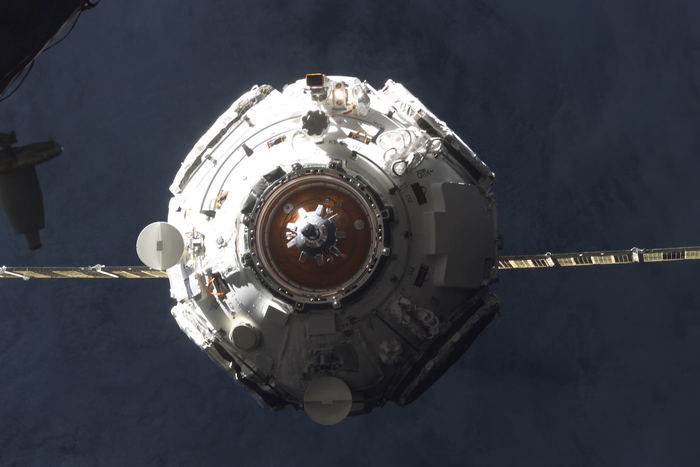


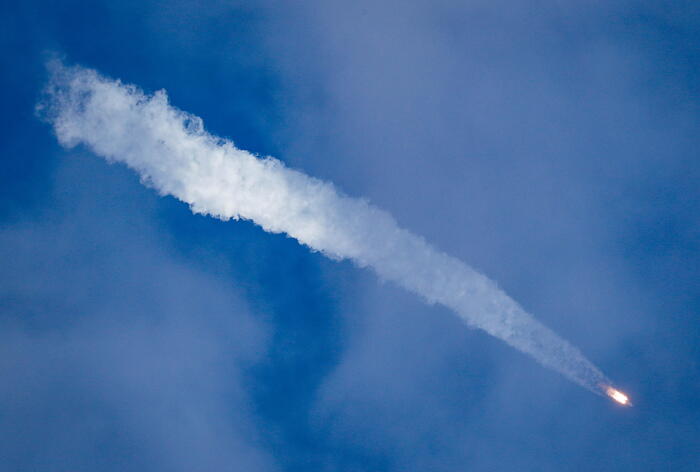
/cloudfront-eu-central-1.images.arcpublishing.com/prisa/ZLW56GYGEBEJLPNDSNPUK2NJZE.jpg)
